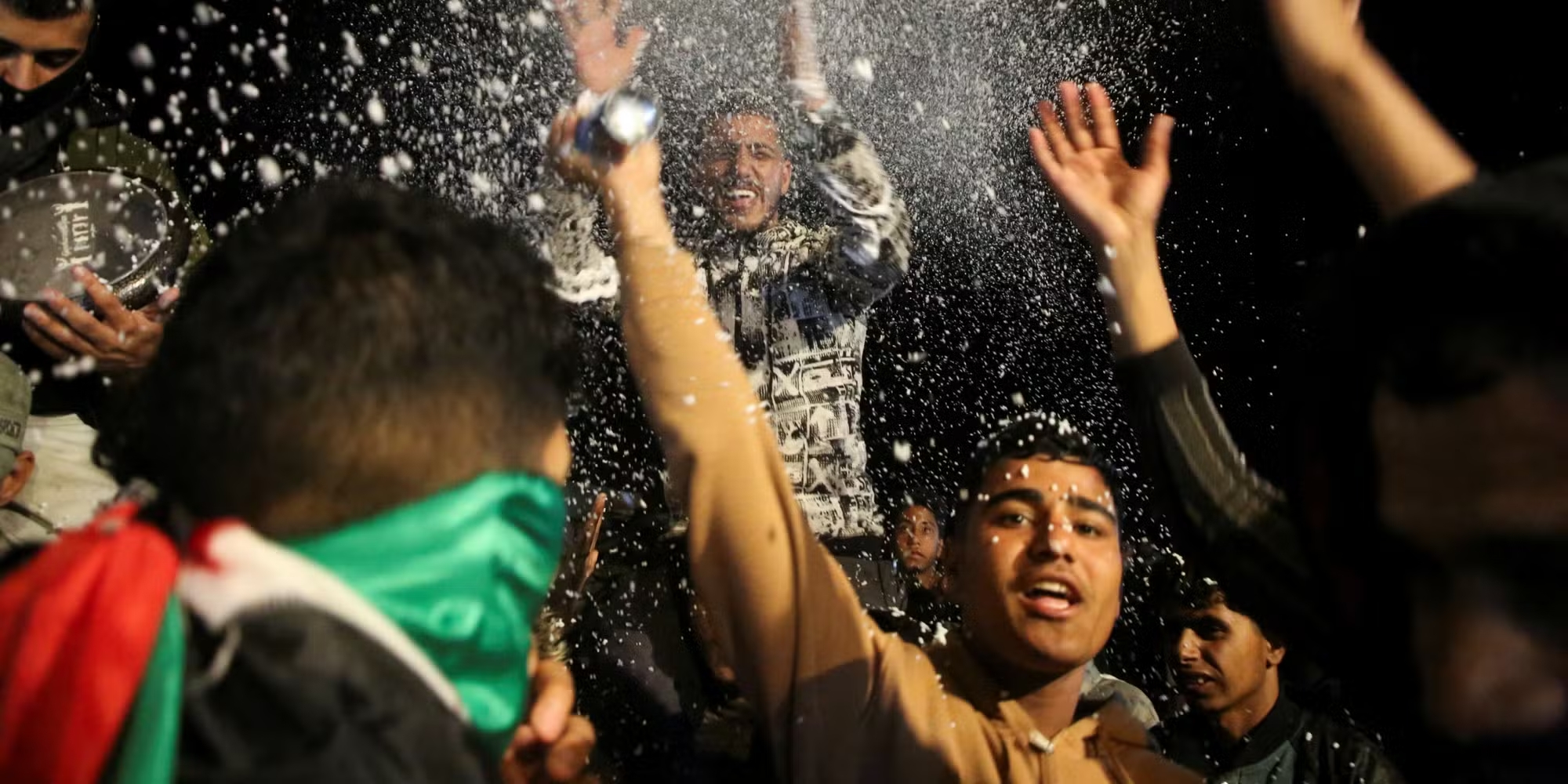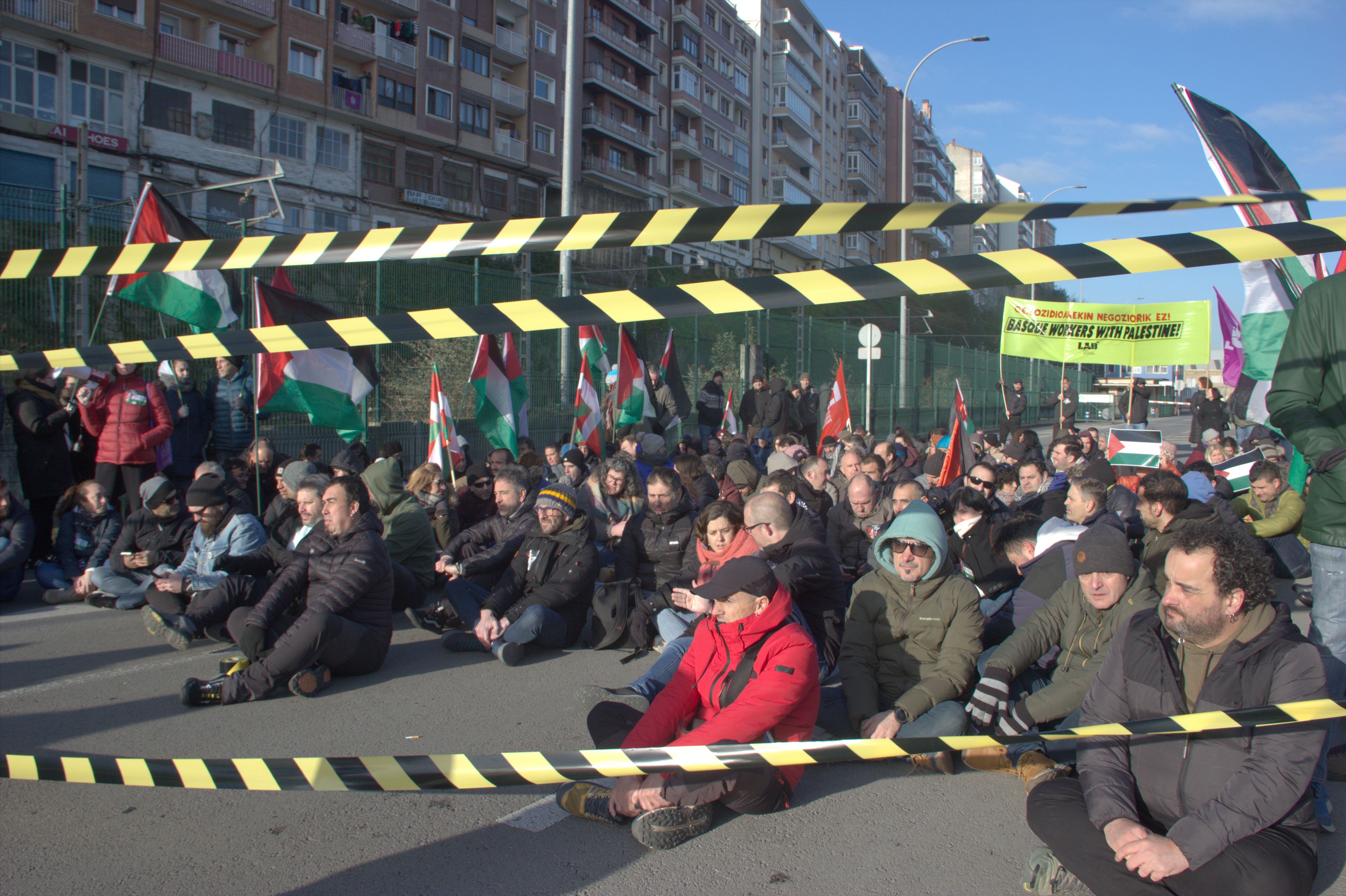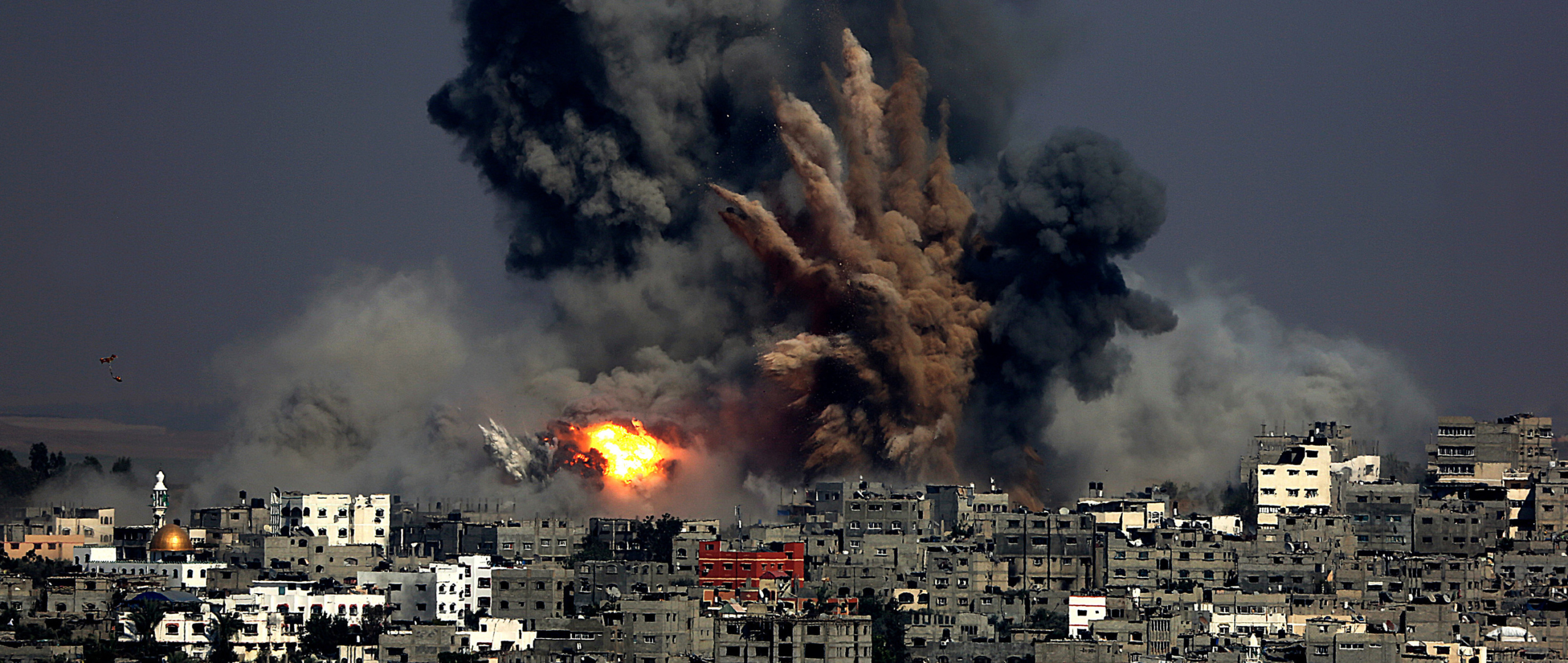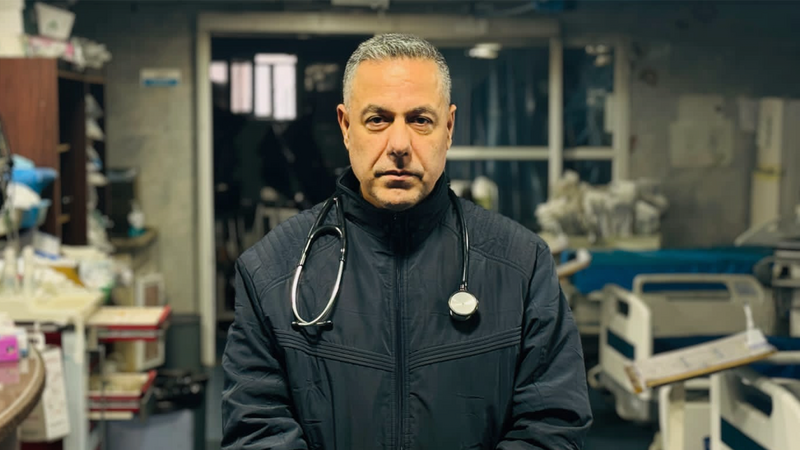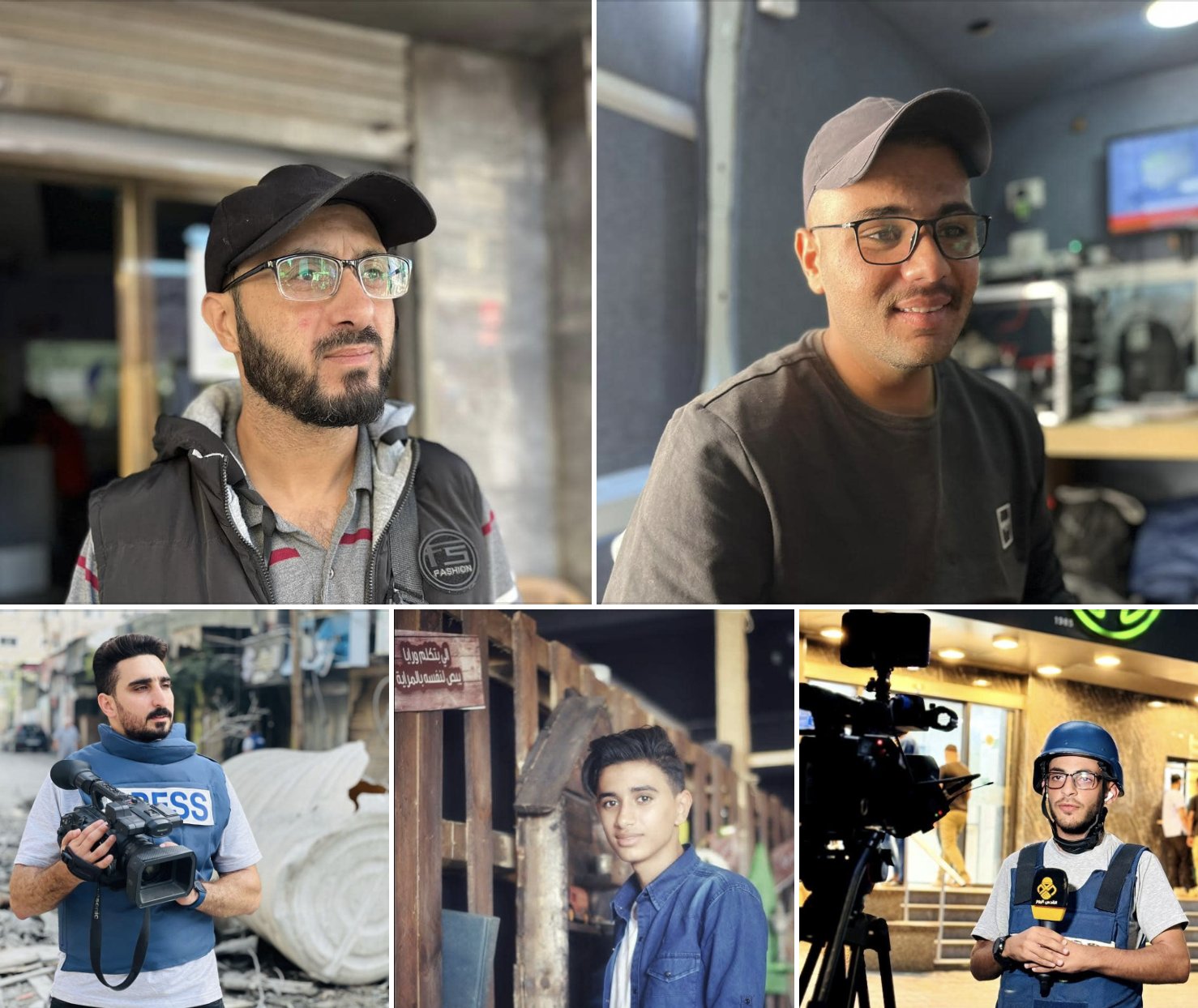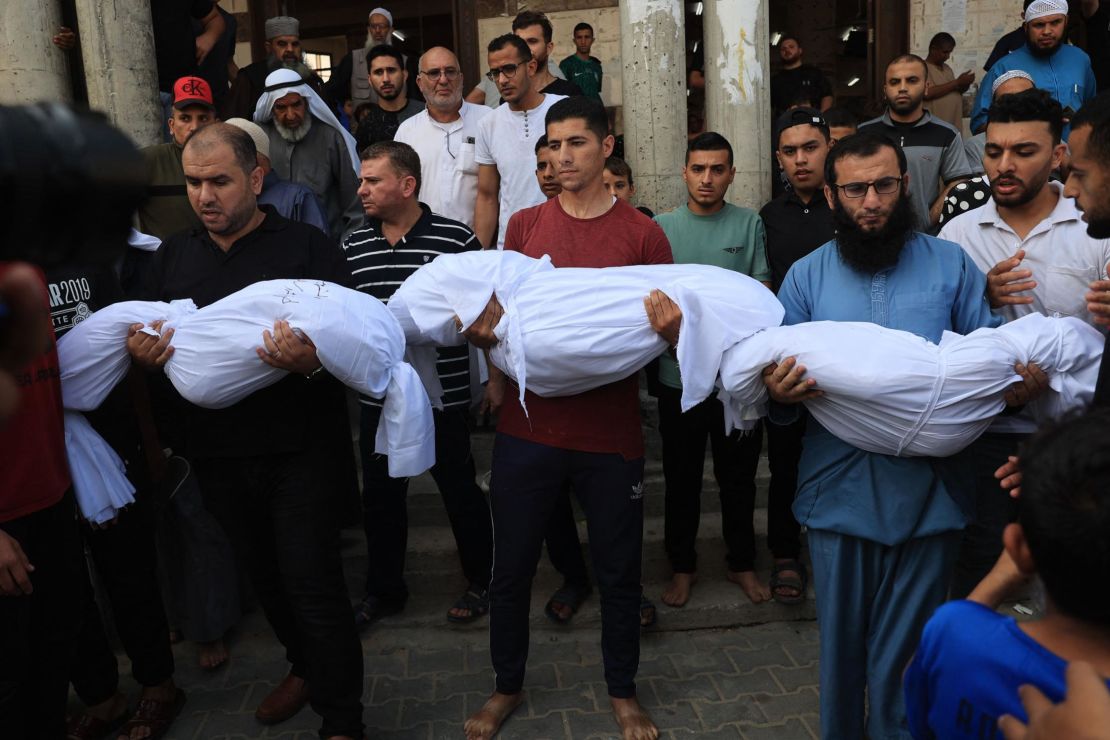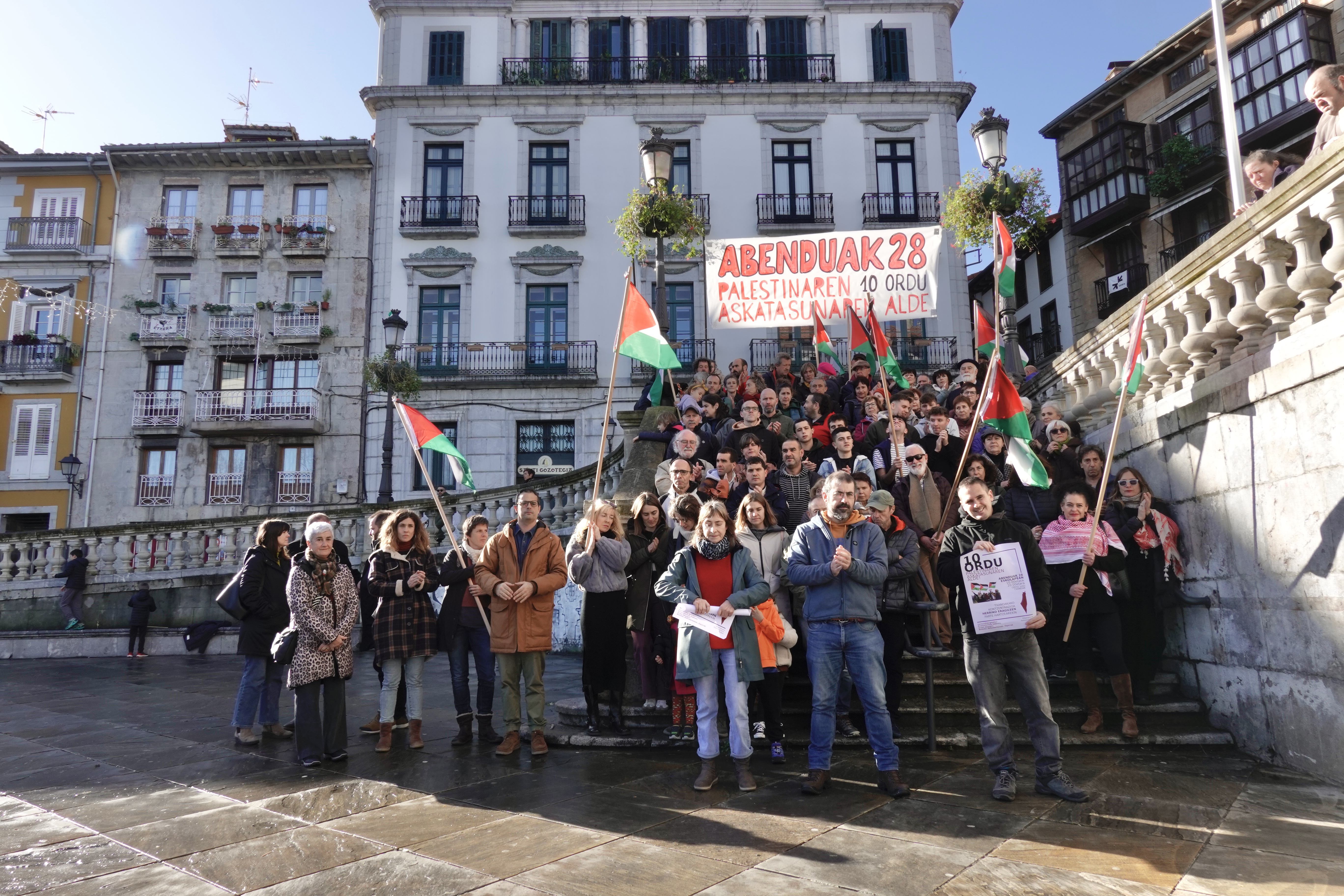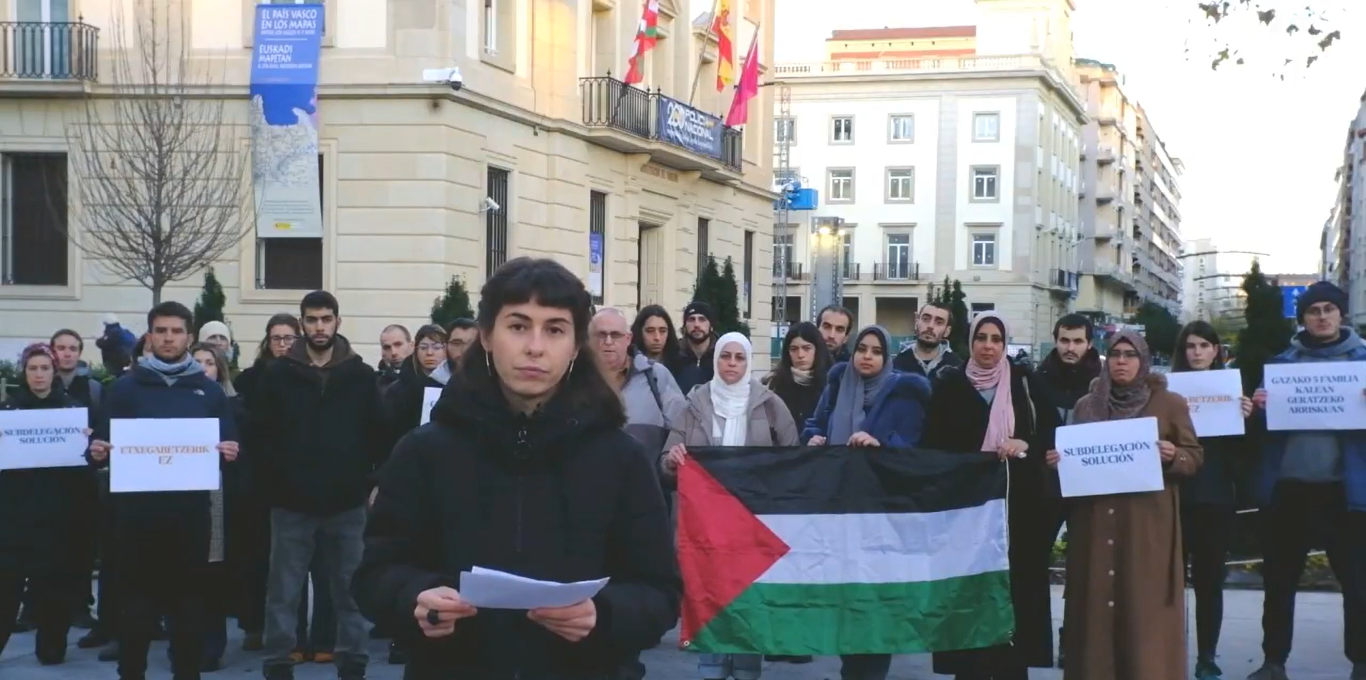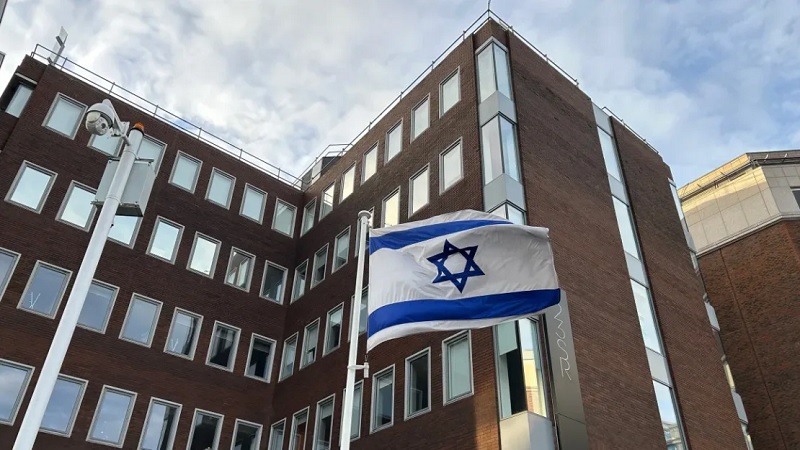Israel has killed 142 journalists in Gaza since 7 October: two journalists every day
- It is known that in times of war censorship and propaganda are important, and one more test is that carried out by Israel in Gaza. However, the structures that bet on freedom of the press are very concerned: it is not another conflict in the world and throughout the history that has so much in the focus of the journalist. The Committee on the Protection of Journalists or Reporters Without Borders is clear: Israel will kill Palestinian journalists at will. The only windows to see what is happening in Gaza are, however, those of Israel, which prohibits the presence of international journalists.

One hundred and forty-two. It is the number of journalists killed by Israel in Gaza since 7 October, following the structure of the Media Office. Globally, 73 per cent of the deaths by journalist were from Gaza in 2023, which also accumulated in the last three months of the year, i.e. nearly 100 per cent of the deaths by Israel in the period from
October to January. Mustafa Ayyad is a young, photojournalist, killed on 7 May by a Tsahal army drone in Gaza City. The day before, Benjamin Netanyahu, an Israeli journalist, beat Al-Jazeera with his writing offices and stealing all the material. The government unanimously voted in favour of censorship as a Hamas instrument and "endangers security". In addition, the Israelis have been cut off from television or the Al-Jazeera website.
Walid Amari, President of Al-Jazeera in Jerusalem and Ramallah, has denounced the gravity of this decision: "It is political, Prime Minister Netanyahu and his far-right government are fighting to consolidate the base of their electorate. This decision is very dangerous. Israel cannot say on the one hand that it is a democracy and on the other hand prohibit journalists from doing their work." The RSF, Reporters Without Borders, has also criticised the "censorship" of Al-Jazeera and the "defamatory statements against journalists". RSF representative Jonathan Dagher said that "the RSF calls on the Israeli authorities to abandon the violent aggression against the Al-Incident. This decision of censure, taken on the pretext of democratic norms and implicitly directed at a media, creates a serious precedent for Israeli journalism."
Since 7 October, the Tsahal army has led nearly 50 attacks on Al-Jazeera, and among 142 journalists killed in Gaza, at least three were working for it.
Since 7 October, the Tsahal army has directed nearly 50 attacks on Al-Jazeera and at least three of 142 journalists were working for this medium. The journalist Wael Al-Dahduh has become the symbol of this repression. Symbol of this repression, as well as of Palestinian resistance and resilience. On 25 October they murdered their two children, as well as eight other relatives, and discovered the drama live. Penis drowned, cried in the eye but lost, he kept reporting to the world from before the camera. The next day he followed the microphone in his hand. On 15 December he was hit again in the spotlight by the death of the Samer Abu Daqa camera that accompanied him. Al-Jazeera spread through a message: "The team of journalists from Gaza, and in particular Wael and Samere, do a great job of publicizing the horrors and destructions of Israel. Without its responsibility and involvement, the world would not know the atrocities of Gaza." On 7 January his son, Hamza, also a journalist, was killed. On 16 January he had to leave Gaza to be treated in Qatar and sent the following message to the world: "I have decided to go. Forgive me. I hope he'll be here again soon."
But Al-Jazeera's gut decision hides the intention to influence geopolitically as well as the objective of arousing journalists. In fact, Netanyahu knew perfectly well that this step would increase relations between Qatar and Israel. While Qatar is acting as a mediator in the negotiations between Hamas and Israel, Tel-Aviv accuses Doha of positioning itself in favour of Hamas, which has further exaggerated its anger.
"[Gazan journalists] pay the highest price, their life, to defend our right to truth. Every time a journalist dies or hurts, we lose some of that truth," explains the director of the Journalists' Protection Commission, Carlos Martínez de la Serna.
Thanks to Palestinian journalists
Mediapartat has published a report on journalists killed since 7 October in Gaza and southern Lebanon, in order to learn more about the lives behind these cold numbers. Firstly, the only journalists reporting from Gaza are the Palestinians, there are no international journalists in the country, or the only ones are those authorised by Israel and are close to the Tsahal soldiers. The report reads: 'They work in apocalyptic conditions, under bombs and in an absolute blockade, with the fear of losing their lives and that of their relatives. For them, journalism is not just a job, a vocation, a commitment. Journalism is the last weapon in making this massacre known to the world and ending indifference. That is why so many young Palestinians want to become journalists, a world of information about what their people suffer." Mediaparte warns that he has had difficulties in carrying out this investigation: "How to receive the life of the deceased journalist, who almost all his family has disappeared under the bomb and has been
no more to tell anyone? How do you relate to others when Gaza's communication channels are cut regularly?" Thus, they have also been based on messages of thanks and mourning that have spread on social networks.
In the midst of the frenetic pace of communication, we can propose initiatives to keep these dead Palestinian journalists in memory. These include, for example, the map of Gaza created by the iMEdD Lab website, which lists specific points of the murders of journalists and collects information for each of them.
Although the behaviour of the past seven months is unprecedented, Israel has always targeted Palestinian journalists. From
2000 to 2022, 20 journalists were killed – thirteen in Gaza and seven in the West Bank. On 19 November, Tsahal also took the life of Bilal Jadallah, former director of the Palestinian House of the Press, incarnated in the account of these killings. In this situation, and with a sharp increase in the death toll, the RSF is reporting to Israel before the International Criminal Court for a war crime against Palestinian journalists in Gaza. In fact, because a UN resolution obliges its members to protect journalists. But it has also affected this judicial route, knowing that it is not the first one: it is the third that has been presented to Gaza since 2018. Al-Jazeera also opposed Israel in 2022, following the assassination of journalist Shirin Abu Aku.
“[Gaza journalists] pay the highest price, life, to defend our right to truth. Every time a journalist dies or hurts, we lose some of that truth”
Carlos Martínez de la Serna
In addition to the killings, Israel uses other means to silence Palestinian journalists: some 30 prisoners and ten others tortured. According to the latest RSF report, 7% of the world's imprisoned journalists are in Israeli jails, and in the classification of states that violate freedom of expression, China, Burma, Belarus, Russia and Viet Namen, Israel ranks 6/195. This is the end of Mediaparte's report: "Israel is the sixth largest prison for journalists and is also the burial of journalism in Gaza."












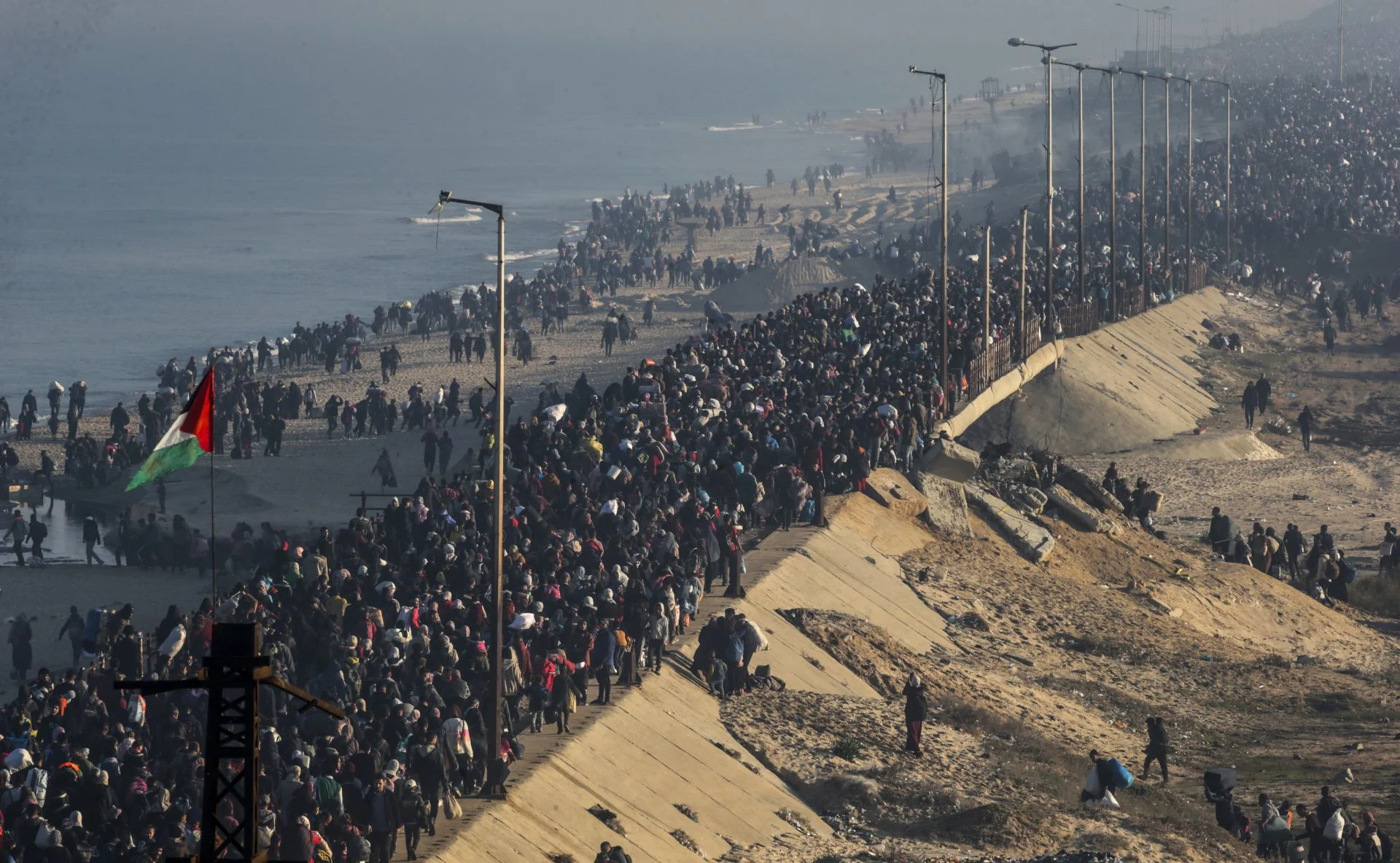

.jpg)
